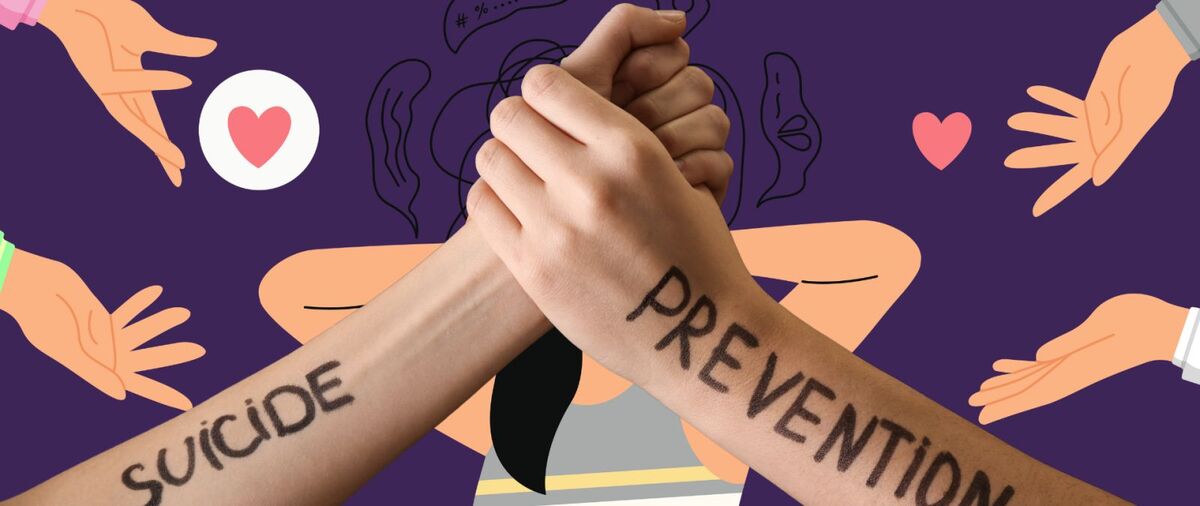A YEAR INDOORS AND ZOOM FATIGUE HAS NEVER BEEN MORE REAL–THIS IS HOW WE CAN FINALLY BEAT IT
Nobody loves being on Zoom calls every day so we listed ways to alleviate Zoom fatigue.
When the COVID-19 pandemic hit the world, the internet saved everybody from missing out on what’s happening outside. It was inevitable that greetings, physical touch, works meetings, and the like have turned into a series of Zoom calls.
But did you know that there is actually a thing called “Zoom Fatigue”? According to medical trade publication Psychiatric Times, Zoom Fatigue is “the tiredness, worry, or burnout associated with overusing virtual platforms of communication.”
The report added that there is actually a neuropsychological explanation as to why such phenomenon happens to individuals stuck in home quarantine. One factor would be the lack of perceived reward relative to cost during videoconferencing.
“A core psychological component of fatigue is a rewards-costs tradeoff that happens in our minds unconsciously. Basically, at every level of behavior, a tradeoff is made between the likely rewards versus costs of engaging in a certain activity. Not only are rewards lessened via these social disconnections during video conferencing, but there are also elevated costs in the form of cognitive effort,” it stated.
So how can we really alleviate the effects of the so-called Zoom Fatigue?
Rest in between calls
Like ordinary conversations, Zoom calls can also get tiring if they are done constantly. Giving yourself a little break between calls could contribute to your mental well-being.
Stretch, drink water, and move your eyes away from your device for short periods of time if you can.
Limit video calls
The phrase “this could have been an e-mail” is relevant now more than ever. If you’re only setting up a meeting for personal matters such as saying hi to a friend or family member you miss, you can always opt to message them instead or schedule their calls to a latter date.
Get enough sleep
No matter what the activity is, if you did not get enough sleep, your body will ultimately feel tired and unmotivated. Sleeping for eight to 10 hours a day is proven to boost your immune system, increase productivity, and improve memory.
Make a schedule
You should know when to expect Zoom calls. Making a schedule would help not only your body but your mind to prepare for what’s going to happen.
Don’t forget to interact and comfort other people
Always remember that you are not the only one who’s having a tough time due to the pandemic. Do not forget to interact and comfort people who are in the Zoom meeting with you.














